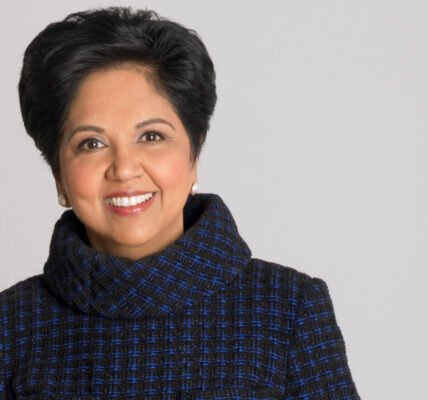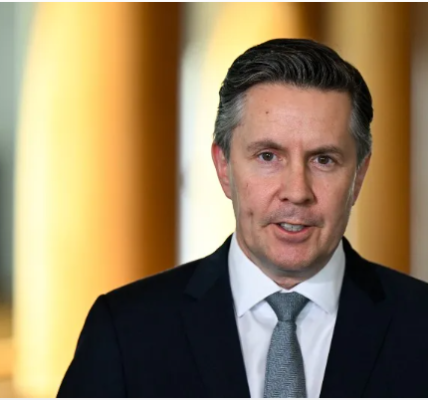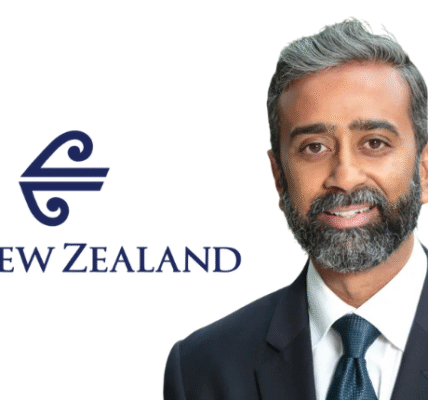The Life and Legacy of Australia’s 31st Prime Minister
Early Life
Anthony Albanese was raised in public housing in Camperdown, a suburb of Sydney. As the only son of a single mother of Irish descent, he faced challenges early in life. His mother, suffering from chronic rheumatoid arthritis, relied on a government disability pension to support them. For much of his childhood, Albanese believed his father had died in an automobile accident. However, at the age of 14, he learned from his mother that he was conceived during a shipboard affair with an Italian steward while she traveled to Europe. Following her death, Albanese pursued information about his father, ultimately traveling to Italy in 2009 to establish a relationship with him and his half-siblings.

From his mother, Albanese inherited a strong allegiance to three institutions: Catholicism, the South Sydney Rabbitohs rugby league team, and the Australian Labor Party (ALP). He became politically active at a young age, participating in his first protest at the age of 12 to protect public housing. Albanese joined the Labor Party in 1979 as a teenager. After attending St. Joseph’s Primary School and St. Mary’s Cathedral College, he worked briefly at the Commonwealth Bank before taking advantage of the tuition-free university policy established by Labor Prime Minister Gough Whitlam. He enrolled at the University of Sydney, where he earned a degree in economics and engaged in student government.
Rising Career in Politics
After graduating in 1984, Albanese worked as a research officer for Tom Uren, a significant mentor, and subsequently held various roles within the Labor Party, including president of Young Labor in New South Wales from 1985 to 1987. He served as assistant general secretary of the state’s Labor Party from 1989 to 1995 and as a senior policy adviser to New South Wales Premier Bob Carr from 1995 to 1996.
Albanese entered federal politics in 1996, winning the House of Representatives seat for Grayndler, where he had grown up. He was reelected nine times, using his maiden speech to commit to standing up for the interests of his electorate and advocating for working-class Australians. Albanese initially aligned with the party’s hard left, championing LGBTQ rights and opposing contentious development projects like the Hindmarsh Island Bridge.
His ascent within the party included various shadow ministerial roles, culminating in his appointment as Minister for Infrastructure, Transport, Regional Development, and Local Government under Prime Ministers Kevin Rudd and Julia Gillard from 2007 to 2013. After Labor lost power in 2013, he transitioned to shadow ministerial roles in infrastructure, tourism, and cities.
Known affectionately as “Albo,” he gained public recognition for his passion for rock music, even hosting an episode of the music video show Rage and performing as a DJ at fundraisers. He experienced personal changes during this time, including a separation from his wife, Carmel Tebbutt, in 2019.
Leadership of the Labor Party
Following Labor’s disappointing performance in the 2019 federal election under Bill Shorten, Albanese was elected unopposed as party leader in May 2019. The onset of the COVID-19 pandemic challenged his role as leader of the opposition, though he criticized the government’s handling of the crisis, particularly the slow vaccination rollout.
In January 2021, Albanese was involved in a serious car accident that prompted him to adopt healthier lifestyle choices and a new personal style in preparation for the upcoming election. As the campaign for the May 2022 election began, he employed a “small target” strategy, focusing on key issues such as climate change and economic support without detailing extensive policies.
His climate policy aimed for a 43% reduction in carbon emissions by 2030, which, while less ambitious than prior Labor proposals, contrasted sharply with the incumbent government’s targets. The election ultimately became a referendum on Prime Minister Scott Morrison’s leadership style, leading to a resounding victory for Labor, which won 77 seats in the House of Representatives.
Premiership
As Prime Minister, Albanese quickly made significant strides, including the passage of legislation for a 43% emissions reduction by 2030 and initiatives to enhance aged care, subsidize childcare, and support victims of domestic violence. His diplomatic engagements included resetting relations with China after a notable meeting with Xi Jinping in late 2022, which helped lift embargoes on Australian timber and coal.
A central aspect of Albanese’s agenda was the desire to hold a national referendum to recognize Aboriginal and Torres Strait Islander peoples in the Australian Constitution and to establish the “Voice to Parliament.” This initiative aimed to enhance reconciliation efforts but faced criticism from various quarters.
The 2023 Referendum
The referendum, held in October 2023, marked the first of its kind in over two decades but was ultimately rejected by approximately 60% of voters, failing to gain majority support in any state.
Conclusion
Albanese’s leadership continues to evolve as he addresses pressing national and international issues, striving to navigate the complexities of governance while advocating for progressive change in Australia.





